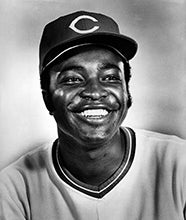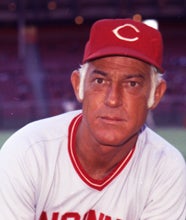- Home
- Our Stories
- Blockbuster trade sends Morgan to Reds
Blockbuster trade sends Morgan to Reds
It was a day that saw the Cincinnati city manager resign and the White House announce the dates of President Nixon’s historic trip to China.
But for the Cincinnati Enquirer, the main news story on the Nov. 30 front page was a shocking trade that reshaped the Reds for years to come.
“If the United States had traded Dwight Eisenhower to the Germans during World War II, it wouldn’t have been much different than sending (Lee) May and (Tommy) Helms to Houston,” wrote Enquirer sports reporter Bob Hertzel that day.
The two-deck Enquirer headline announced that “Reds, Houston trade eight, Helms, May, Stewart dealt” – leaving readers to discover what the Reds received in return in the body of the story.
What the Reds received was their ticket to greatness.
At the Winter Meetings in Phoenix on Nov. 29, 1971, the Reds acquired Joe Morgan, Ed Armbrister, Jack Billingham, César Gerónimo and Denis Menke from the Astros for Lee May, Tommy Helms and Jimmy Stewart. Morgan, Billingham and Geronimo would all play major roles in the Reds’ back-to-back World Series titles in 1975 and 1976.
Lee May averaged 37 home runs per season for the Reds from 1969-71. But Cincinnati general manager Bob Howsam packaged May in a trade for Joe Morgan following the 1971 season, setting the table for the Big Red Machine teams of the mid-1970s. (National Baseball Hall of Fame and Museum)
Share this image:
But immediately following the deal, many felt the Astros had won the trade.
“Most observers at the winter meetings believe that the Reds got the short end of the trade,” Hertzel wrote in an analysis that occupied a quarter of the first sports page of the Enquirer.
May hit 39 home runs and drove in 98 in 1971, finishing 12th in the NL Most Valuable Player voting. But the Reds finished fourth in the National League West at 79-83 a year after winning the NL pennant.
Following the trade, Reds manager Sparky Anderson, who led the team to the World Series in 1970, was already planning the future.
“This puts a little speed in front of the guys with the sock,” Anderson told the Enquirer.
Morgan quickly proved Anderson right by leading the major leagues in runs scored in 1972 with 122, stealing a career-high 58 bases and leading the NL with a .417 on-base percentage.
A part-time outfielder in his first three big league seasons with the Astros, César Gerónimo blossomed with the Reds following a trade that also brought Joe Morgan, Jack Billingham, Ed Armbrister and Denis Menke to Cincinnati. Gerónimo would win four Gold Glove Awards for his play in center field from 1974-77. (National Baseball Hall of Fame and Museum)
Share this image:
The Reds lost to the Athletics 4-games-to-3 in one of the closest World Series in history in 1972, but the trade put Cincinnati on track to become The Big Red Machine of the mid-1970s.
By 1973, Morgan had earned his first Gold Glove Award at second base and added power to his resume with 26 home runs. He would win back-to-back NL MVPs in 1975 and 1976 as the engine that powered the Reds’ juggernaut.
May would continue to be a power source for three years in Houston before being traded to the Orioles, where he would become one of the American League’s top run producers at first base and DH.
But for Reds general manager Bob Howsam, the trade of the slugging May for the speedy Morgan – with six other players heading one way or the other – was a no-brainer.
“We made the deal to get the balance we think we need to make us a contender,” Howsam told the Enquirer immediately after the trade. “We feel we have enough power to win. May had his greatest year last year and we still finished fourth.”
Over the next 10 seasons, the Reds – reaping the benefits of the trade – would finish first or second nine times.
Craig Muder is the director of communications for the National Baseball Hall of Fame and Museum
Related Stories
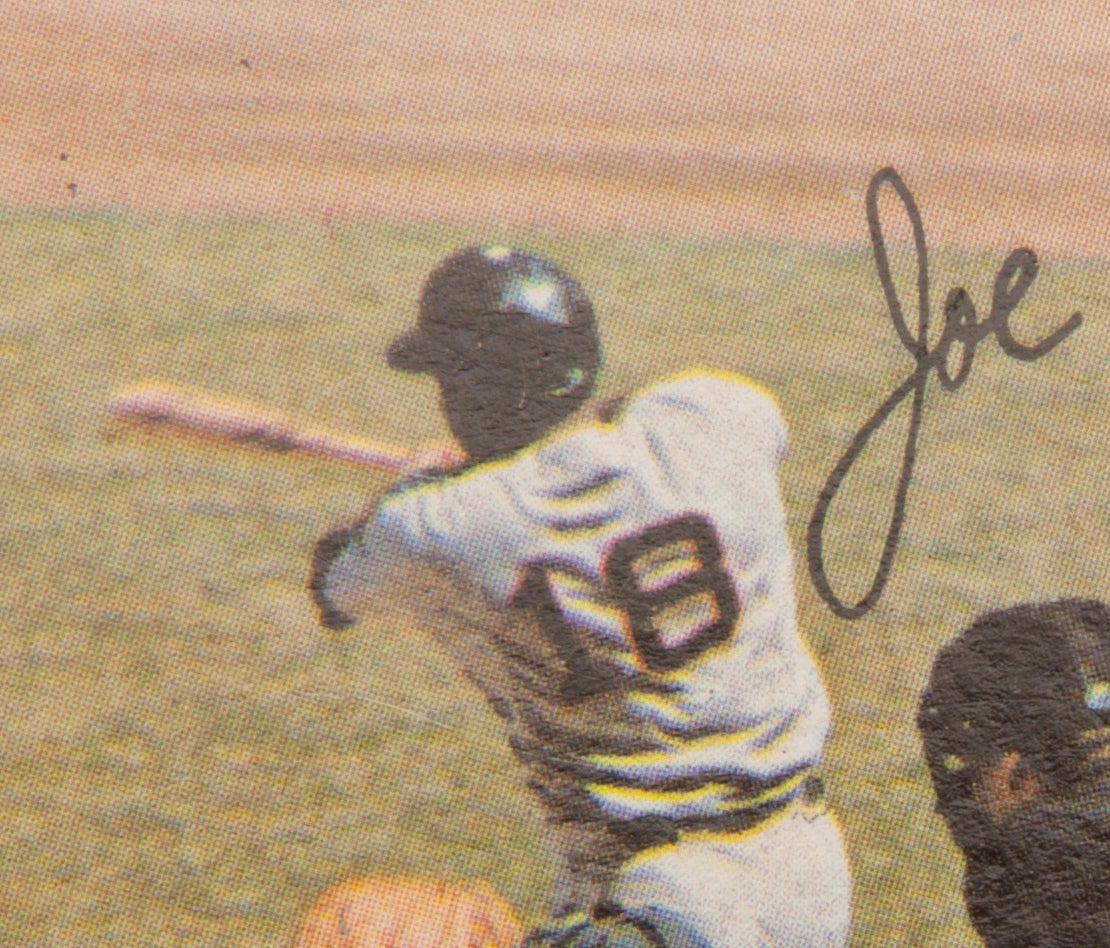
#CardCorner: 1971 Topps Joe Morgan
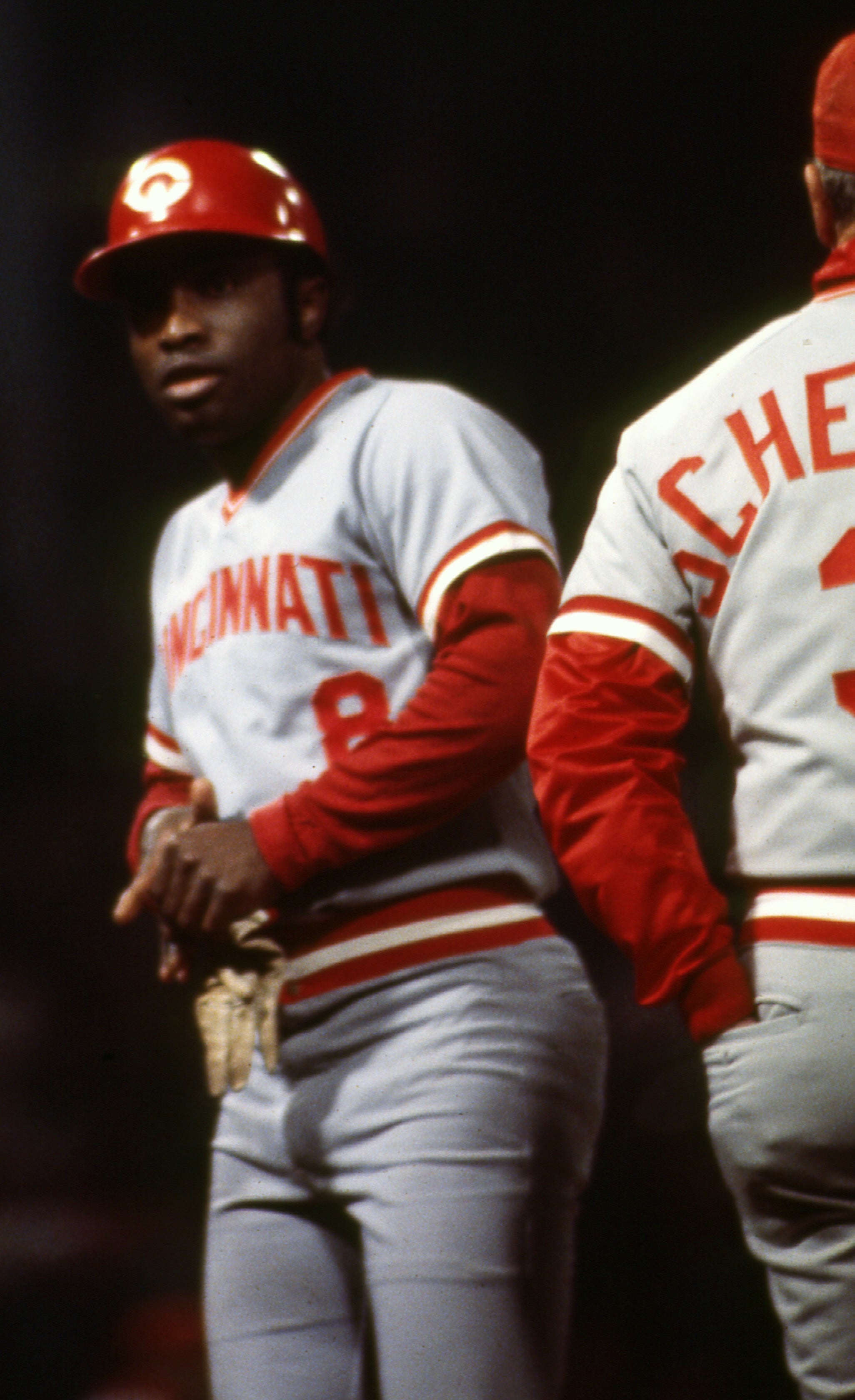
Morgan wins '76 MVP
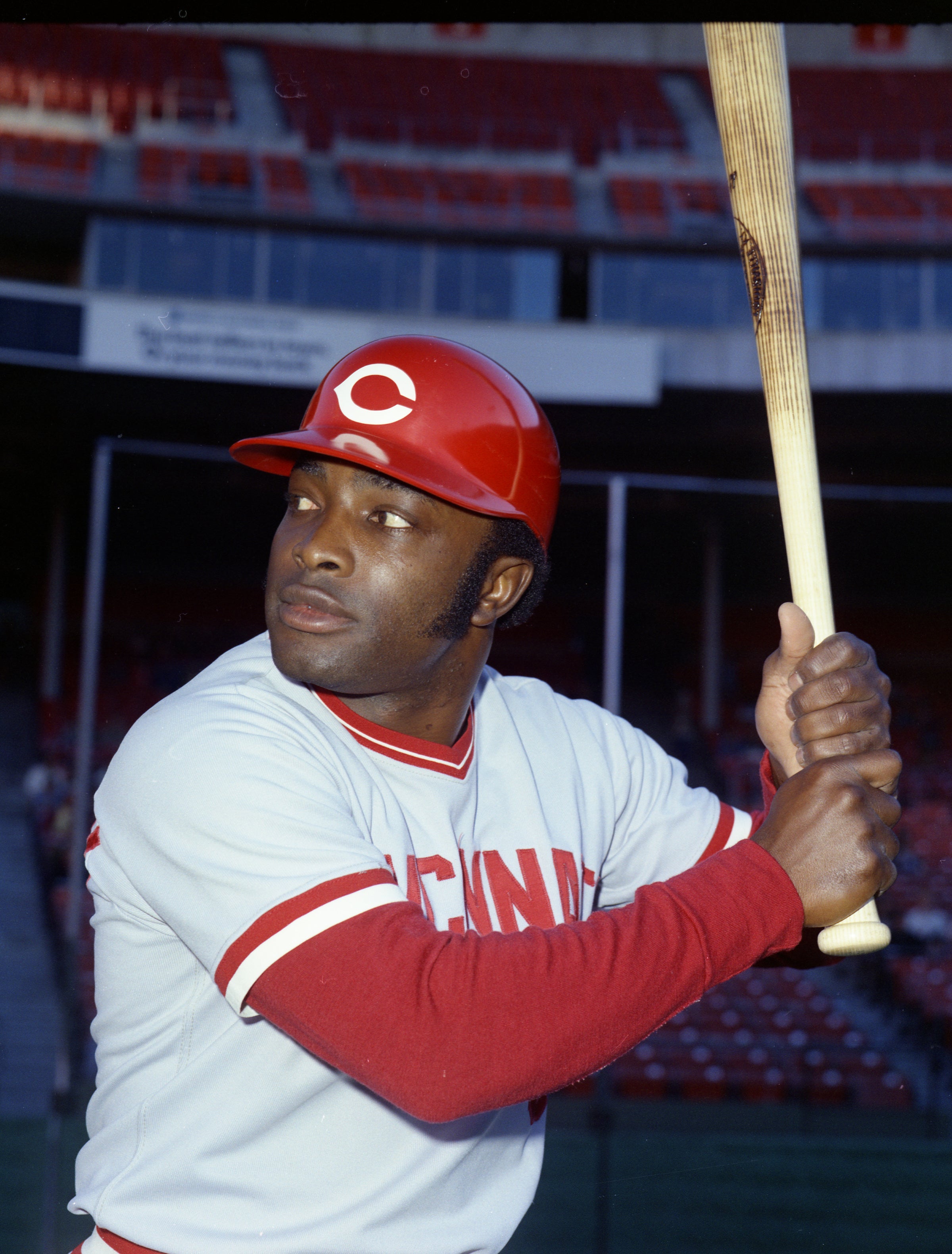
Morgan creates 200/500 club
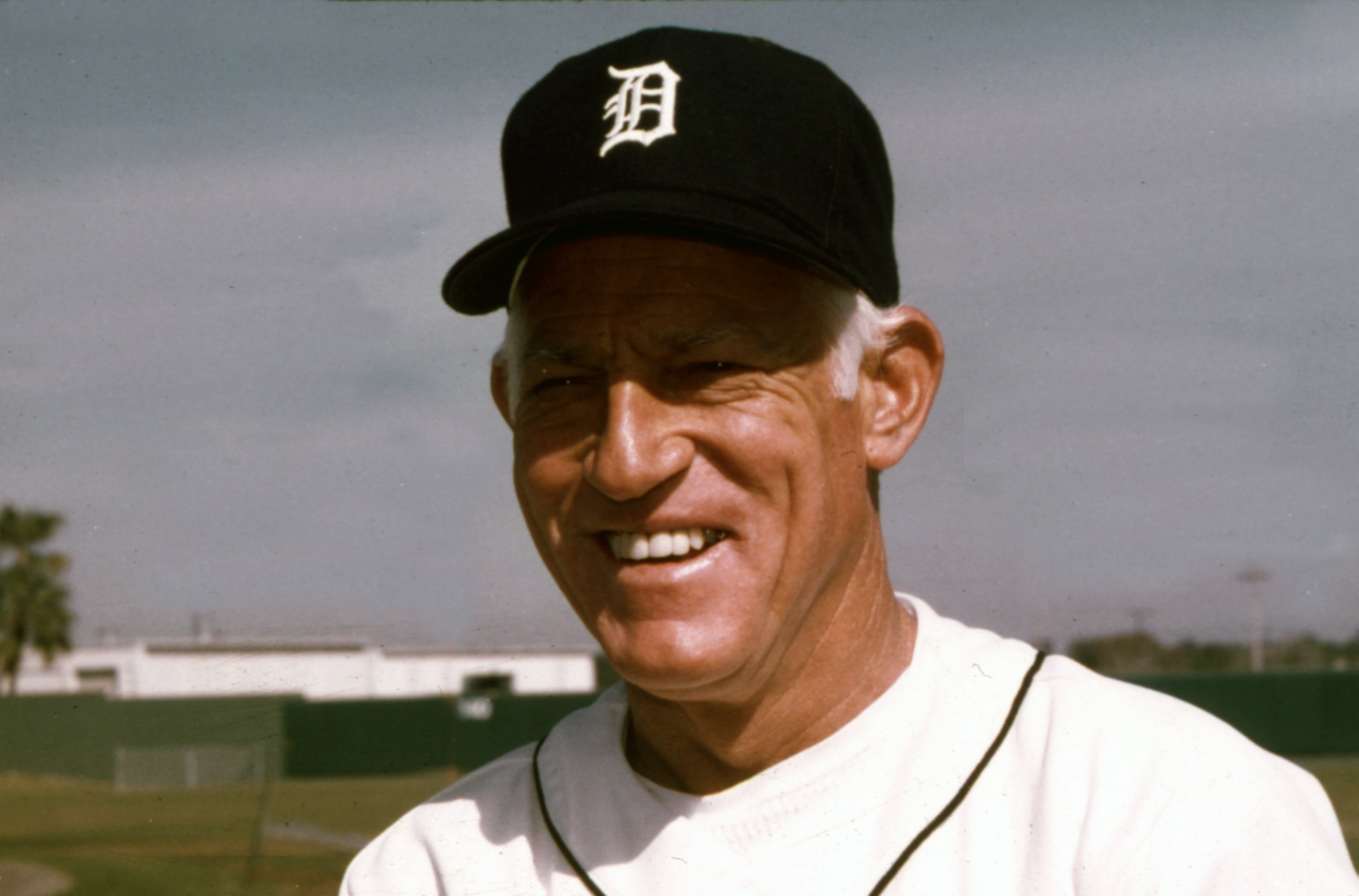
Sparky Anderson becomes first manager with 100-win seasons in both leagues

#CardCorner: 1971 Topps Joe Morgan

Morgan wins '76 MVP

Morgan creates 200/500 club





